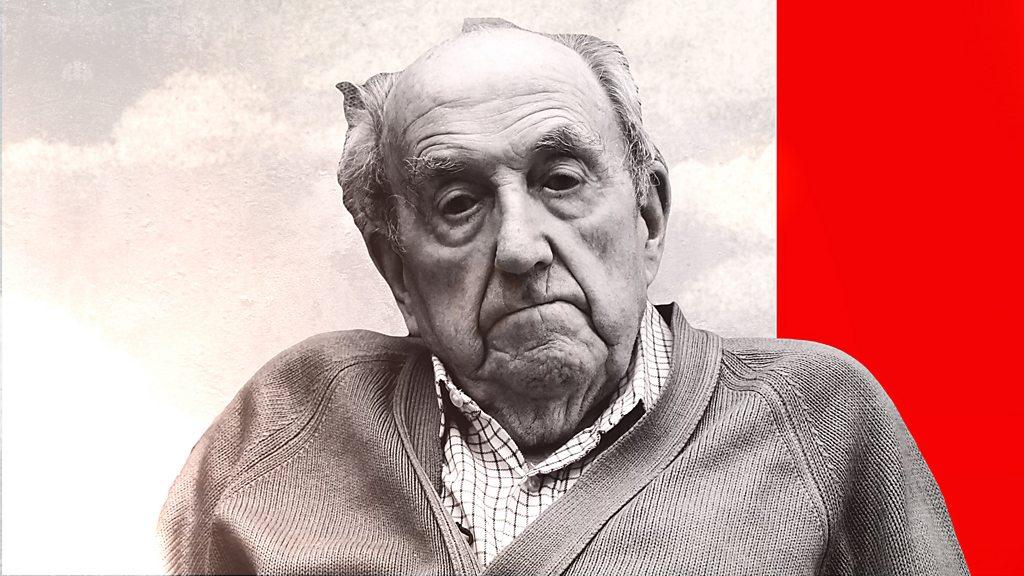D-Day: ‘I often wonder why I lived while others died’
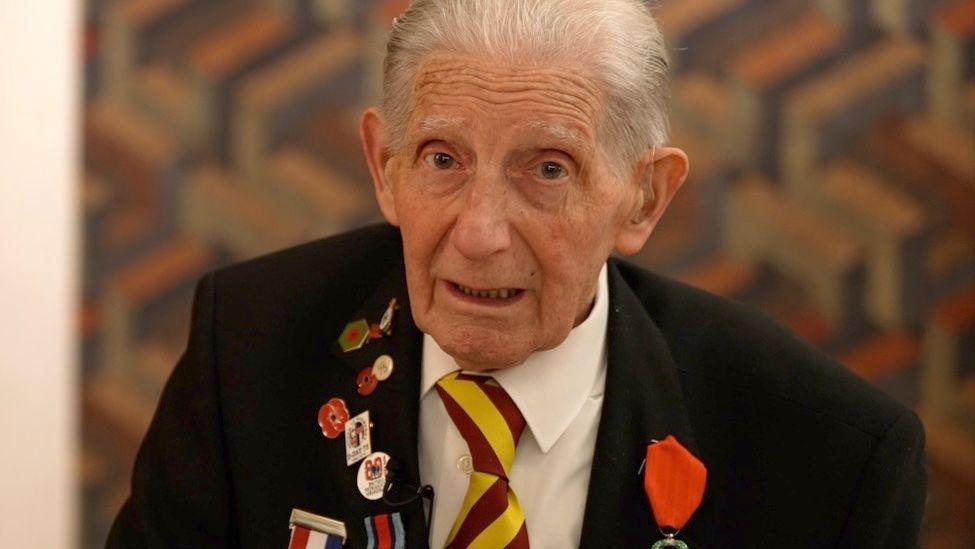
Donald Howkins prepared vehicles and ammunition for a beach landing
- Published
For the past two years, the BBC has been gathering the memories of people who served in World War Two. Many who have shared their experiences were involved in the pivotal D-Day operation of June 1944. Eighty years on, the BBC listened to their stories.
Donald Howkins was an apprentice butcher in Buckingham when war broke out. But by May 1944, he was heading to the front line.
"We were all young lads," he remembers. "We joined the Territorials for something to do - we never realised what was going to happen."
Donald became a gunner in the Middlesex Regiment. As D-Day approached he was ordered to water-proof weapons and vehicles at a holding camp in Weybridge, in preparation for a beach landing.
June 2024 marks the 80th anniversary of D-Day, when tens of thousands of troops - including Donald - landed on beaches across Normandy, marking the start of the Allied campaign to liberate Nazi occupied northern Europe.
The BBC has been gathering first-hand accounts from surviving veterans, to preserve them for future generations.
'We're going to France'
Eddie Brown was a dispatch rider in the Royal Corps of Signals.
"About two o’clock in the morning, we were all awake and didn’t know where we were going," he recalls.
He said the realisation of where he was being sent came when his sergeant handed him a one franc note.
"We must be going to bloody France!"
Along with 132,000 other troops, in around 7,000 vessels, he was to sail across the Channel to take on German forces.

Capturing war-time memories, before it is too late
- Published10 November 2022
D-Day 80: We Were There
- Attribution
The Nazis had spent the past three years preparing their defences along much of Europe's coastline.
"I was scared to death," confesses Gordon Prime. "You couldn't show you were scared because you'd be letting your mates down. But if anyone was to say they weren't scared, they're idiots."
Gordon was on a landing craft heading for one of the five Normandy beaches, code-named Juno, on D-Day morning. He had imagined revving his motorbike down a ramp onto the sand, but his Sergeant Major in the Royal Army Service Corps had a different idea. Gordon was told to drive a three-tonne truck loaded with three quarters of a tonne of high explosive shells and 200 gallons of petrol. His motorcycle would have to fit in the back.
'I had the war in my ears'
Further to the east, Percival Chafer had reached Sword beach, another of the landing sites on the Normandy coast. At 104, he is the oldest surviving D-Day veteran interviewed by the BBC for We Were There.
"You can imagine the noises going on - bang, bang, bang - and God knows what. Terrible noises," he recalls. "It was just a mass of soldiers running everywhere, really. Some carrying guns, some…calling for their mates. You see someone go down, you have to ignore it. It’s part of the war."
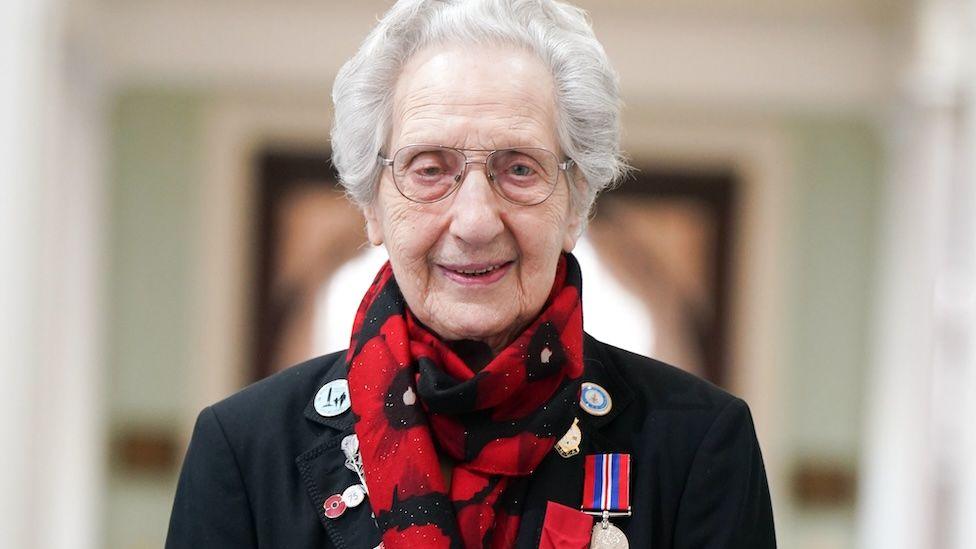
Marie’s job on D-Day was to pass messages from the troops on the beaches to the leaders of Operation Overlord
Marie Scott could hear it all. She was serving in the Women’s Royal Naval Service in Portsmouth, passing orders to France via her VHF radio.
"Gunfire, machine guns, cannon, screaming, men shouting. All manner of things. And you suddenly thought, 'This is a war'. I really had the war in my ears."
George Horner, a teenager in the Royal Ulster Rifles, could see the war right in front of him.
"The Irish were allocated Sword Beach," he says. "A few of the landing craft were sunk. Heavy fire coming, you know. We had to wade about 100 yards, 150 yards, onto the beach. I remember saying to myself, 'Horner, you got on here with two legs and two arms, and that’s the way you’ll have to come out.'"
'Men just dropped in the water'
Many other young men were much less fortunate. Operation Overlord was undoubtedly a success, yet 5,000 of the Allied forces were wounded in the hours of D-Day, and 4,400 men were killed.
"It was sad to see all the dead soldiers lying on the beach," remembers Bernard Morgan, whose job was to decode encrypted messages for the RAF.
"It was the first time I'd ever seen a dead person... They dropped in the water. It was so deep. All the equipment they were carrying weighed them down and they were drowned."
D-Day was just the beginning. For three months after the landings, British troops and their allies fought across Normandy.
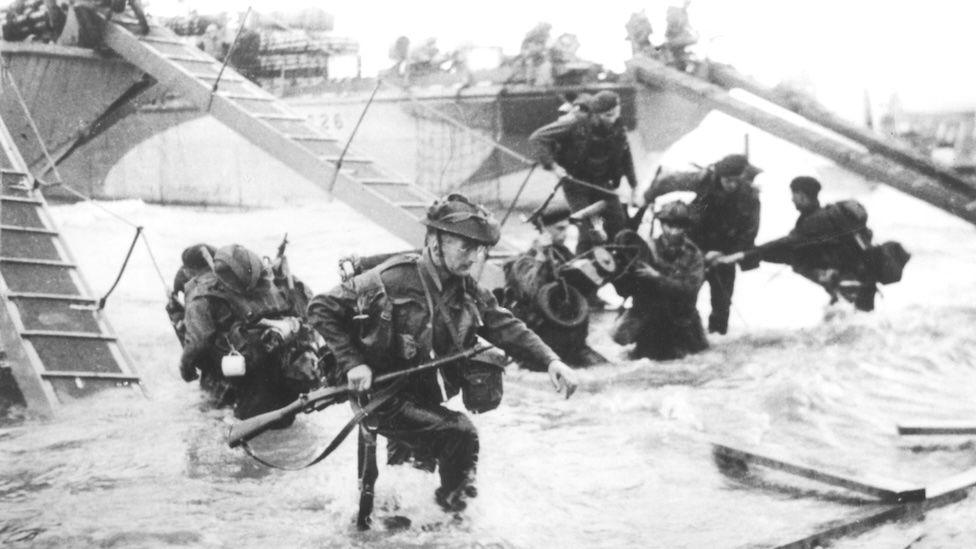
Members of the 48th Royal Marines at Saint-Aubin-sur-mer on Juno Beach during the D-Day landings
Andrew Bruce, 11th Earl of Elgin, was the commander of three Churchill tanks. After an early August morning mist cleared, his troop set off across the Bocage countryside. But Andrew and his men were driving into an ambush.
"A very gallant German popped up over the hedge and put a [Panzerfaust rocket] into the turret."
Andrew heard someone shouting for everyone to get out because the tank was on fire.
"And it was only then that I put my right foot down that I realised that it kind of wasn’t there - and there was no feeling in it at all."
Andrew lay badly injured on the ground beside his flaming tank and heard heavy engines nearby. He expected a German Panzer division.
"I just lay quietly. The tank stopped and then I heard, 'Oh, look! There's poor Andrew, he was such a nice fellow.' So I rolled over and shouted back: 'Less of the was. Send somebody over to get hold of me.'"
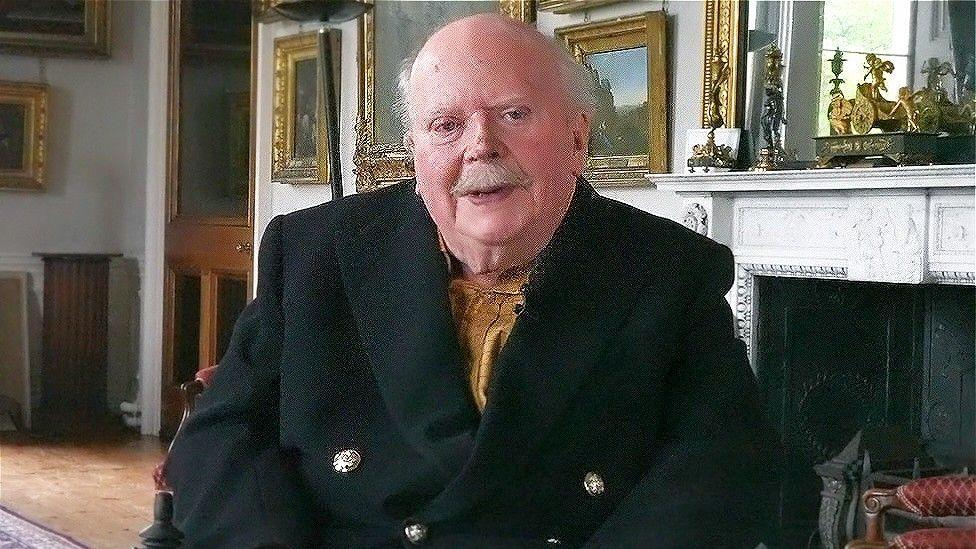
Andrew Bruce left the Army due to injury in 1946 with the honorary rank of lieutenant
Like many veterans who contributed to We Were There, Andrew described his experience using gallows humour. But all these elderly men and women spoke with a straightforward humanity – their matter-of fact recollections revealing their courage, pragmatism, and wisdom.
“Now I’m 103," sighs Donald Howkins as he clasps his hands and bows his head, “I often wonder why I’ve lived this long and so many of my mates and friends got killed."
London D-Day veteran: 'We expected the worst'
- Published3 June 2024
The American D-Day soldiers who left messages in a castle
- Published2 June 2024

D-Day 80: We Were There is available to watch on BBC iPlayer.

We Were There aims to collect as many first-hand accounts as possible by 2025, the 80th anniversary of the end of World War Two, to preserve veterans' accounts for future generations.
The BBC is currently working on the project with a number of partners including the Normandy Memorial Trust and Royal British Legion. Some of the stories collected may be shared with our partners and used on BBC News platforms.
If you have a story to share, or know someone who does, please click here to tell us a little bit more or use one of the methods below.
Do you or someone you know have memories of World War Two? Please share these experiences by emailing haveyoursay@bbc.co.uk.
Please include a contact number if you are willing to speak to a BBC journalist. You can also get in touch in the following ways:
WhatsApp: +44 7756 165803
Tweet: @BBC_HaveYourSay, external
Please read our terms & conditions and privacy policy
Please include your name, age and location with any submission.
Related topics
- Published6 June 2024
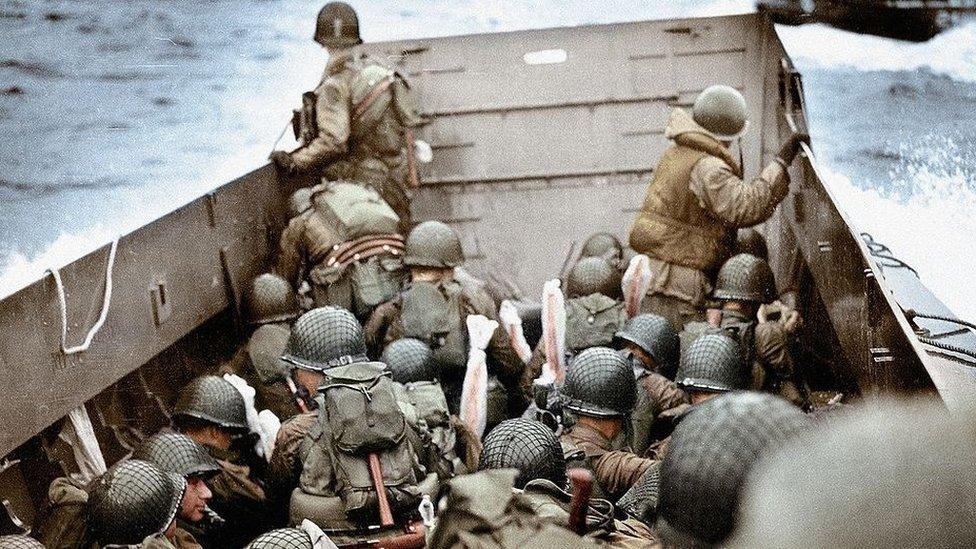
- Published1 July 2023
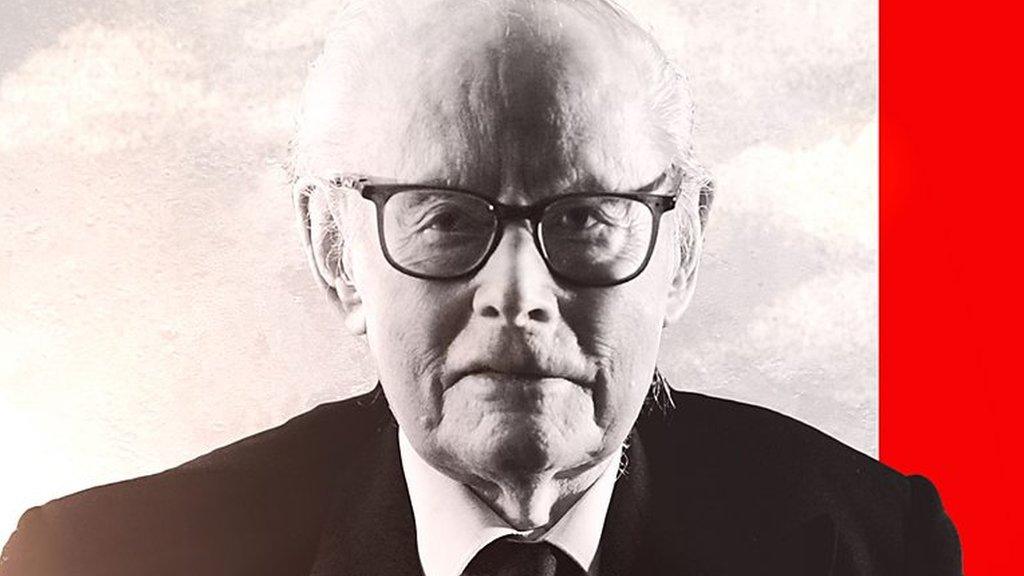
- Published9 November 2022
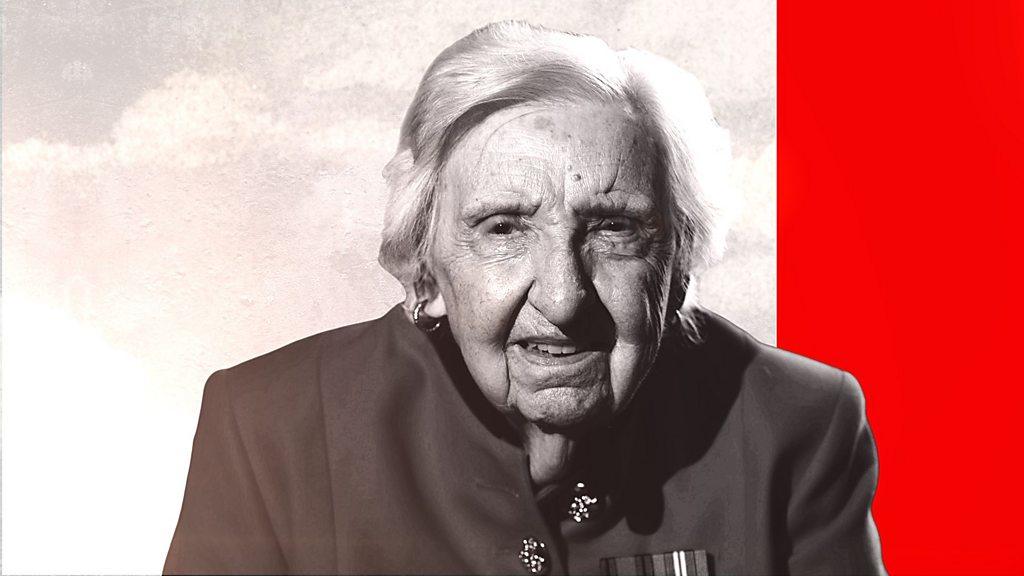
- Published10 November 2023
